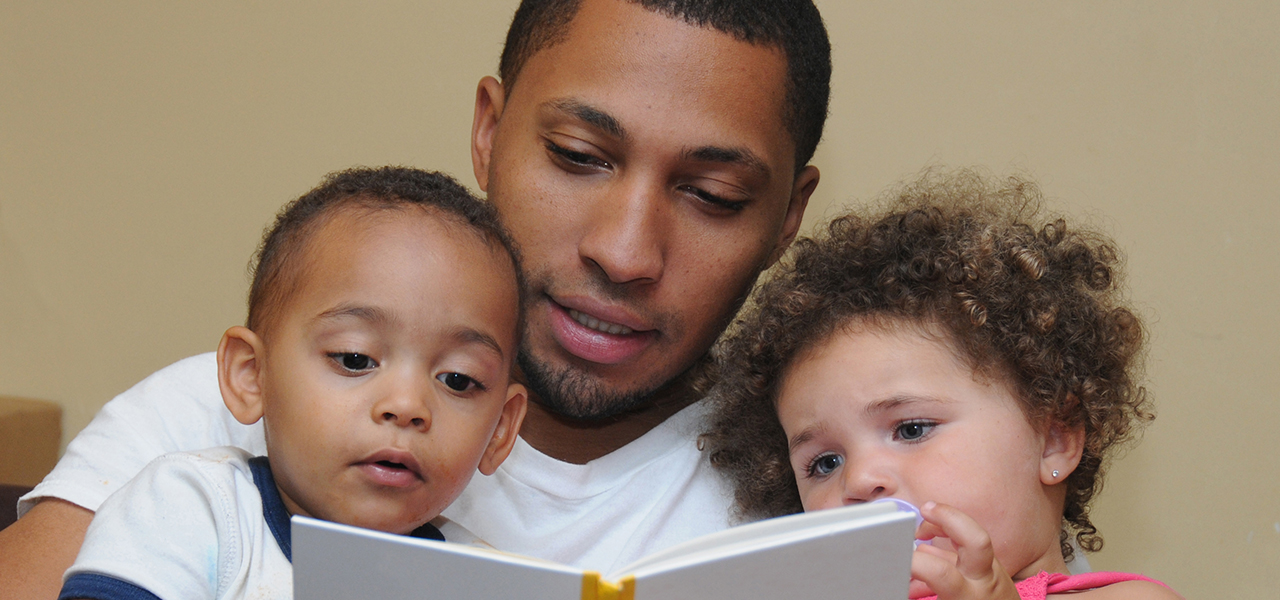Parenting a child that has additional needs can be stressful and challenging. Parenting a child with Autism Spectrum Disorder (ASD) can also bring additional challenges. A child with Autism Spectrum Disorder can have difficulty with communication, engaging socially with others and have restricted or repetitive behaviours or interests. Autism is a spectrum which means not every child will present with the same traits or behaviours, and the disorder can range from very severe to really high functioning. Wherever your child with ASD is along the spectrum, knowing where to get support is crucial. From assessment and diagnosis to managing behaviour that’s challenging or finding everyday support for you and your family, here are 5 points that may be helpful:
- Assessment and diagnosis – Trust your instincts if you think something isn’t right. If you notice that your child has difficulty communicating, socially interacting with others and has restricted or repetitive behaviours or interests, you may want to seek out professional advice and guidance. Getting a diagnosis can help you to target the right supports for your child. There are a number of organisations that conduct assessments for ASD and most charge a fee. Consult with your GP or Paediatrician for a referral.
- The Early Childhood Approach (ECA) – The Early Childhood Approach (ECA) Partners are funded by the National Disability Support Scheme (NDIS) to support children younger than 6 with developmental delay or children younger than 9 with disability and their families to access the right support when they need it. You don’t need a diagnosis to access support for a child aged under 6 years. Their role is to support families build their capacity to support their child, link the family to mainstream services that provide specific support, such as speech therapy or behaviour support, or assist the family to apply for the NDIS if required. More information can be found on the NDIS website.
- Support Strategies – there are many strategies and tools to support a child with ASD. From creating visual boards to help with communication to using sensory toys to help reduce anxiety and regulate emotions. A great place to find more information and tip sheets about strategies for social, communication and emotional regulation is on Sue Larkey’s website. Another Autism specific organisation available to support you with information and other supports is Aspect.
- Positive Behaviour Support – For parents of children with ASD, behaviours can be challenging and overwhelming. Positive Behaviour Support aims to reduce behaviours by helping families with strategies to reduce behaviours while also ensuring safety and quality of life. There are many agencies that provide this type of support and it is a funded under NDIS. You can find a list of providers on the NDIS website.
- Looking after you – the Carer Gateway provides information, supports and services to help people caring for someone with disability, including parents of children and young people with Autism. They can link you to a counsellor, a carer support group or support you to find respite support so you can take a break.
Of course, you can always contact Parent Line to discuss any concerns or worries you have about parenting a child with Autism Spectrum Disorder. We are a free telephone counselling and support service for parents and carers with children aged 0 to 18 who live in NSW – 1300 1300 52.


